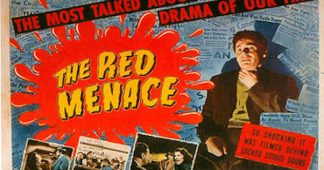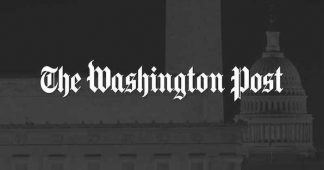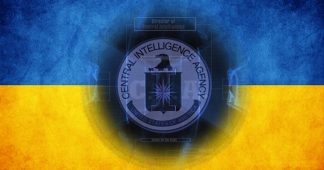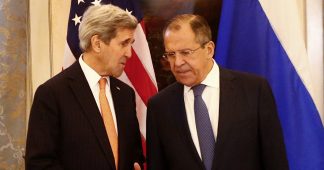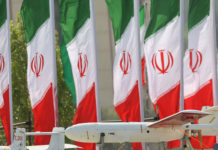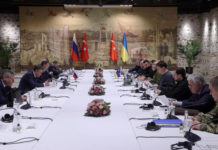By Adrian Chen
In late October, I received an e-mail from “The PropOrNot Team,” which described itself as a “newly-formed independent team of computer scientists, statisticians, national security professionals, journalists and political activists, dedicated to identifying propaganda—particularly Russian propaganda targeting a U.S. audience.” PropOrNot said that it had identified two hundred Web sites that “qualify as Russian propaganda outlets.” The sites’ reach was wide—they are read by at least fifteen million Americans. PropOrNot said that it had “drafted a preliminary report about this for the office of Senator Ron Wyden (D-OR), and after reviewing our report they urged us to get in touch with you and see about making it a story.”
Reporting on Internet phenomena, one learns to be wary of anonymous collectives freely offering the fruits of their research. I told PropOrNot that I was probably too busy to write a story, but I asked to see the report. In reply, PropOrNot asked me to put the group in touch with “folks at the NYTimes, WaPo, WSJ, and anyone else who you think would be interested.” Deep in the middle of another project, I never followed up.
PropOrNot managed to connect with the Washington Post on its own. Last week, the Post published a story based in part on PropOrNot’s research. Headlined “Russian Propaganda Effort Helped Spread ‘Fake News’ During Election, Experts Say,” the report claimed that a number of researchers had uncovered a “sophisticated Russian propaganda campaign” that spread fake-news articles across the Internet with the aim of hurting Hillary Clinton and helping Donald Trump. It prominently cited the PropOrNot research. The story topped the Post’s most-read list, and was shared widely by prominent journalists and politicians on Twitter. The former White House adviser Dan Pfeiffer tweeted, “Why isn’t this the biggest story in the world right now?”
